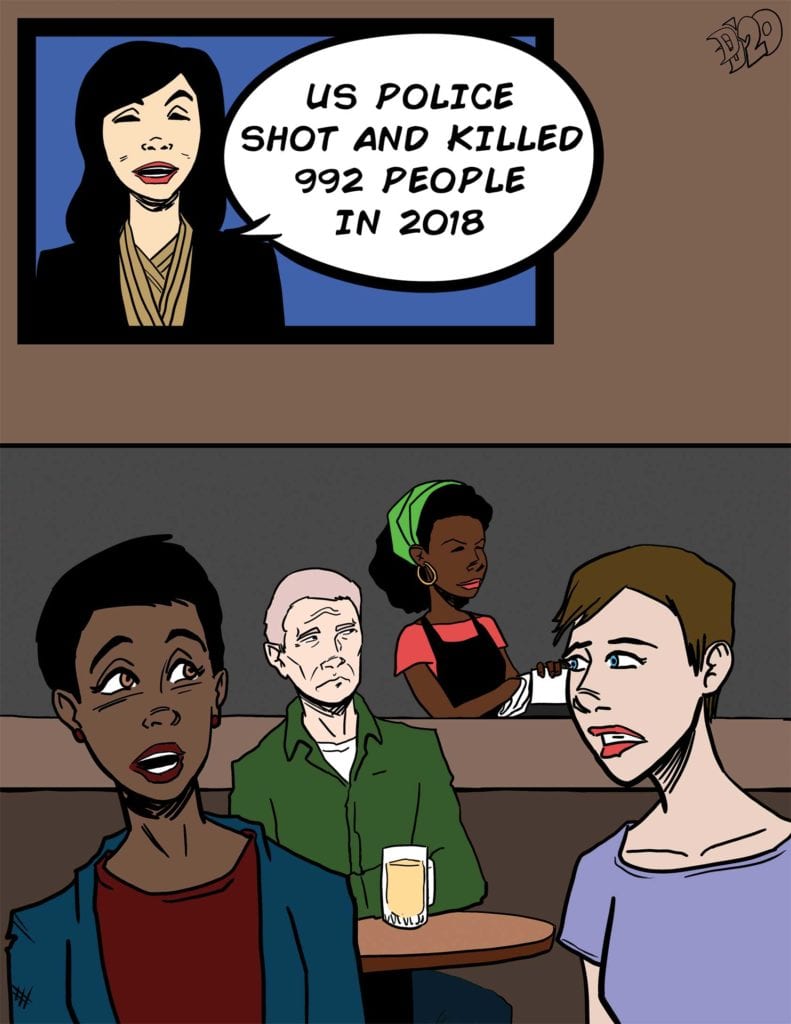
Governors and mayors do not generally warm to the task of closely monitoring the police. Their reluctance is understandable, since police departments usually have a well-disciplined political action apparatus. All-out opposition from the police would be a serious re-election hazard. As a result, the conduct of the police is often less disciplined than is appropriate.
Massachusetts has a 2,100-member state police force that has been recently wracked with scandals. A number of members of the force have been implicated in a conspiracy to be paid for overtime and details for work they allegedly never performed. Documents had to be falsified in order for the fraud to work. According to reports, the case implicated 46 officers within the department. While some have resigned from the service, nine troopers have been convicted, and the state and federal investigations continue.
In addition, a federal judge ruled last year that the service had discriminated against a black recruit because of his race. It has long been believed that the state police, which is 89% white, has a practice of discriminating against black recruits.
Gov. Charlie Baker has been impeded in efforts to change the culture of the state police by state laws that inhibit change. For instance, there is a law that prevents appointing a state police commander from outside the force.
The problems confronting the state police and city police forces are different. The major urban issue is police-community relations between the police and black and Latino residents. Just recently, for example, the Boston Police Patrolmen’s Union criticized the Boston Teachers Union for their support of a program sponsoring the Black Lives Matter campaign. This is a common police response in denial of their responsibility for the multiple shootings of ordinary citizens.
The Washington Post keeps a record of the number of people who were shot and killed by the police. In 2018, there were 992 such fatalities. While blacks have protested against the 229 blacks who died at the hands of the police, almost twice as many [451] whites were killed, as well as 165 Hispanics.
Police shootings are so common in the United States that Americans now think of them as a normal aspect of police work. There were no fatal police shootings in Denmark or Switzerland in 2018. The United Kingdom had only three last year. France experienced considerable violence in 2018, and there were 26 such fatalities, but when compared with the United States on the basis of population differential, the rate was small. There were 3.8 police shootings in France for every 10 million adult residents, compared with 28.3 in the United States.
There is an old saying: “Violence begets violence.” The police seem to believe that since they are authorized to bear arms and to fire their weapons when they deem it appropriate, that the victims of their violence will remain accepting and passive. However, it is not working out that way. There are a growing number of news reports about violent attacks on the police.
With almost twice as many police shootings of whites as blacks in 2018, one might have expected that whites would establish a “White Lives Matter” campaign similar to the black version, but it never materialized. It is hard to believe that whites place such a low value on human life that they are willing to accept dispassionately the police shootings of their fathers, brothers, husbands and friends.
It is time for thoughtful Americans to reconsider the role of police in society. While the police are supposed to be the front line against criminality, the state police have developed a pattern of corruption. And some metropolitan police officers seem to be more violent than the miscreants they are charged to restrain.
Thoughtful citizens ought to consider revisions to the policies and culture of the police.


![Banner [Virtual] Art Gallery](https://baystatebanner.com/wp-content/uploads/2024/04/Cagen-Luse_Men-at-store-e1713991226112-150x150.jpg)



